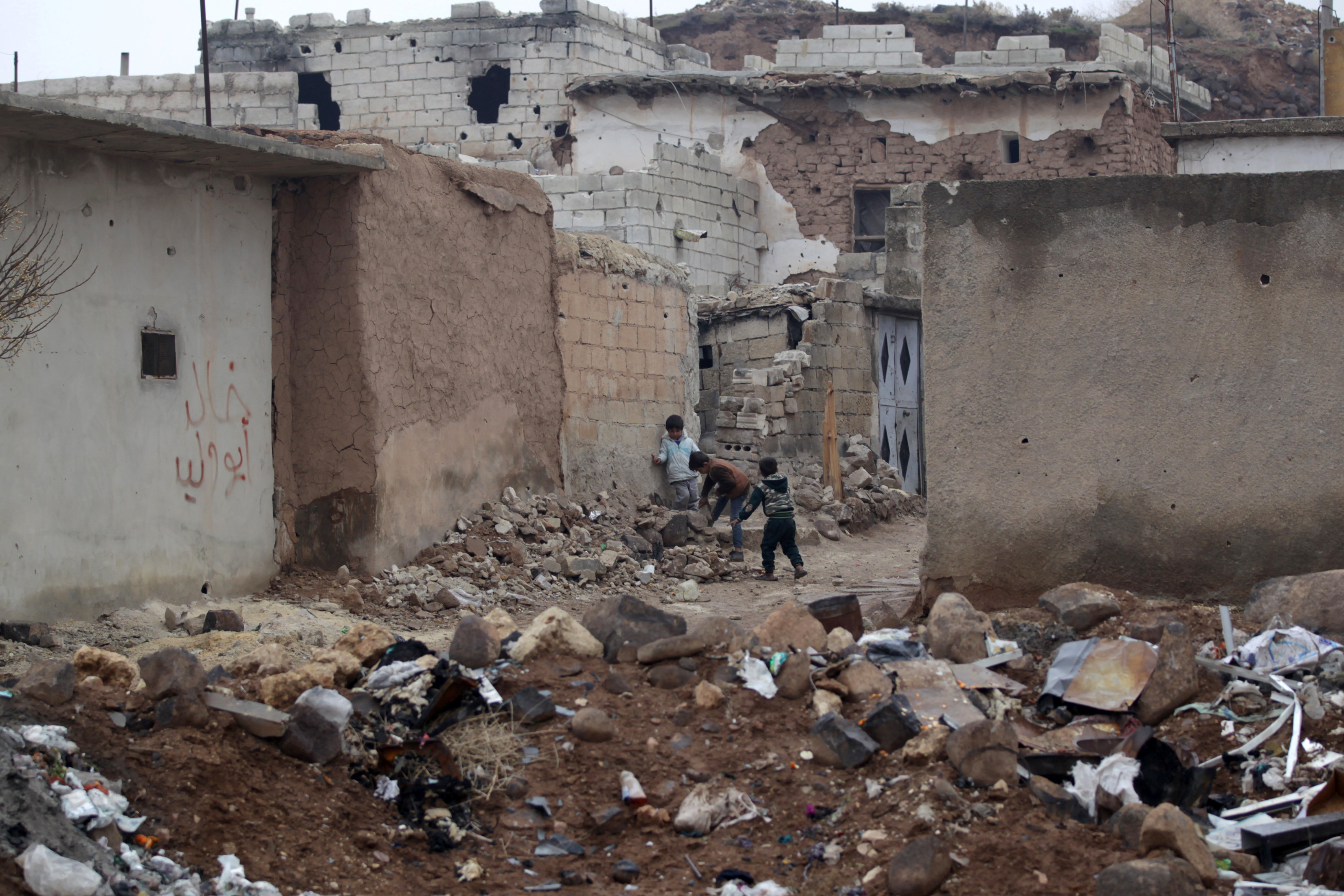
By Guy Faulconbridge and Kate Holton
LONDON (Reuters) – Britain scolded U.S. Secretary of State John Kerry for describing the Israeli government as the most right-wing in Israeli history, a move that aligns Prime Minister Theresa May more closely with President-elect Donald Trump.
After U.S. President Barack Obama enraged Israeli Prime Minister Benjamin Netanyahu by refusing to veto a UN Security Council resolution demanding an end to Israeli settlement building, Kerry’s public rebuke of Israel has unsettled some allies such as Britain.
Amid one of the United States’ sharpest confrontations with Israel since the 1956 Suez crisis, Kerry said in a speech that Israel jeopardizeds hopes of peace in the Middle East by building settlements in the occupied West Bank and East Jerusalem.
While Britain voted for the UN resolution that so angered Netanyahu and says that settlements in the occupied territories are illegal, a spokesman for May said that it was clear that the settlements were far from the only problem in the conflict.
In an unusually sharp public rebuke of Obama’s top diplomat, May’s spokesman said that Israel had coped for too long with the threat of terrorism and that focusing only on the settlements was not the best way to achieve peace between Jew and Arab.
London also took particular issue with Kerry’s description of Netanyahu’s coalition as “the most right-wing in Israeli history, with an agenda driven by its most extreme elements.”
“We do not believe that it is appropriate to attack the composition of the democratically-elected government of an ally,” May’s spokesman said when asked about Kerry 70-minute speech in the State Department’s auditorium.
The U.S. State Department said it was surprised by the remarks from May’s office and said Kerry’s comments were in line with Britain’s own policy. It pointedly also thanked Germany, France, Canada, Jordan, Egypt, Turkey, Saudi Arabia, Qatar, the United Arab Emirates for support.
TRUMP AND MAY?
Britain has long cherished its so-called “special relationship” with the United States as a central pillar of its foreign policy, but May has struggled to build relations with Trump’s transition team.
Following his election, Trump spoke to nine other world leaders before he spoke to May while he caused astonishment in London when he suggested that Brexit campaigner Nigel Farage should be Britain’s ambassador to Washington.
By openly criticising Kerry, who will leave office in just weeks, May moves British policy closer to Trump than its other European allies such as Germany and France.
Trump has denounced the Obama administration’s treatment of Israel and promised to change course when he is sworn in on Jan. 20.
“We cannot continue to let Israel be treated with such total disdain and disrespect. They used to have a great friend in the U.S., but not anymore,” Trump said in a series of tweets. “Stay strong Israel, January 20th is fast approaching!”
Germany’s foreign minister, Frank-Walter Steinmeier, has come out in favour of the Kerry speech while France holds a Middle East conference next month in Paris.
But Australia has distanced itself from Obama’s stance on Israel, ABC reported.
Palestinian President Mahmoud Abbas said he was convinced peace with Israel was achievable but demanded that Israel halt settlement building before talks restarted.
ISRAEL
Netanyahu has been witheringly critical of Kerry’s speech. In a statement released shortly after it was delivered, Netanyahu accused Kerry of bias and said Israel did not need to be lectured to by foreign leaders.
Netanyahu said he looked forward to working with Trump.
Kerry “obsessively dealt with settlements”, Netanyahu said in his response, and barely touched “the root of the conflict – Palestinian opposition to a Jewish state in any boundaries.”
In Israel, Kerry’s speech has played into the hands of Israel’s far-right national-religious movement, led by Naftali Bennett, the education minister, who is in Netanyahu’s cabinet but very critical of Netanyahu and is trying to position himself as a future potential leader.
Bennett’s party, Jewish Home, wants to annexe large parts of the West Bank and openly opposes the creation of a Palestinian state. He is advocating for more settlements and the legalisation of outpost settlements, which even the Israeli government considers illegal.
“This [Obama] administation’s policy has left the Middle East up in flames,” Bennett said after Kerry’s speech. “The one free democracy has been thrown under the bus – and that’s Israel.”
(Additional reporting by Luke Baker; Editing by Angus MacSwan)









